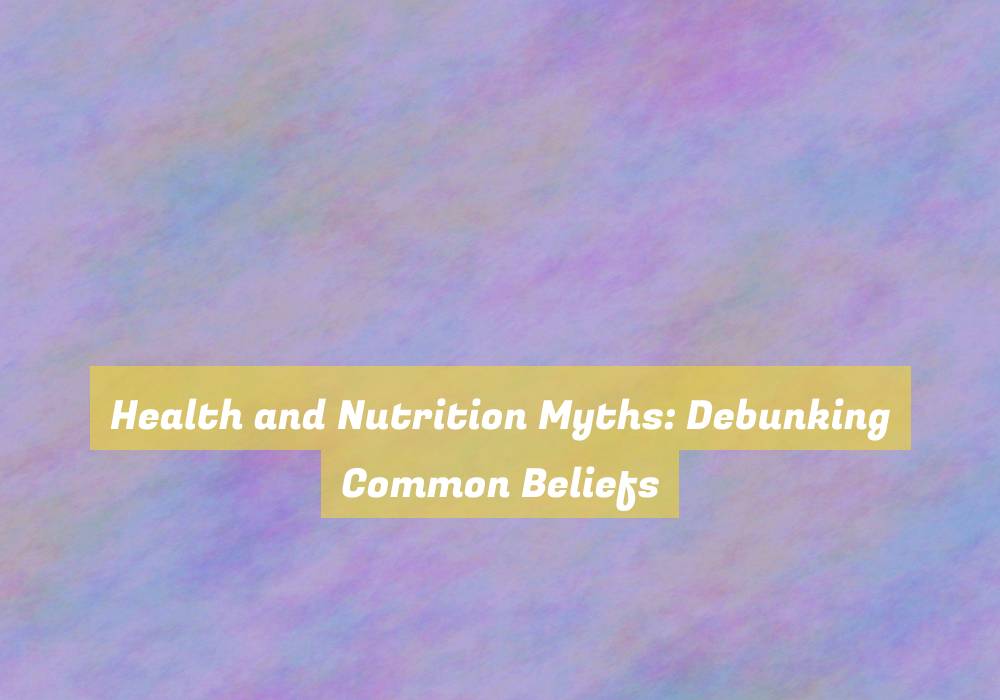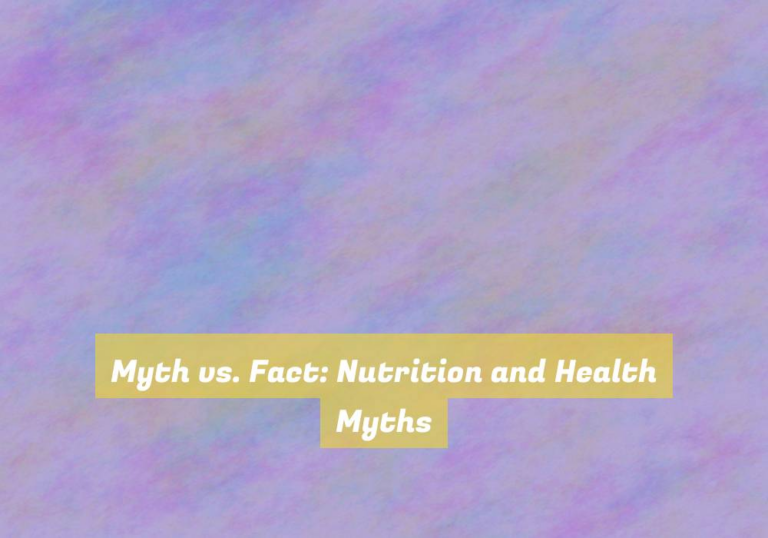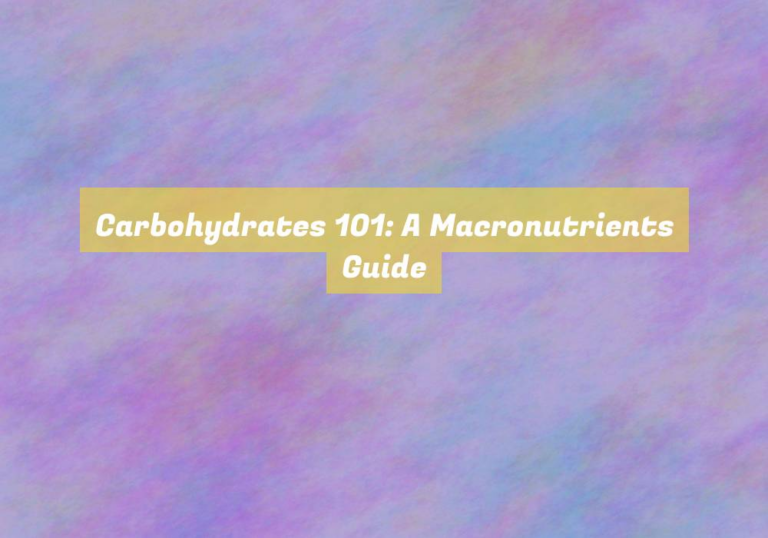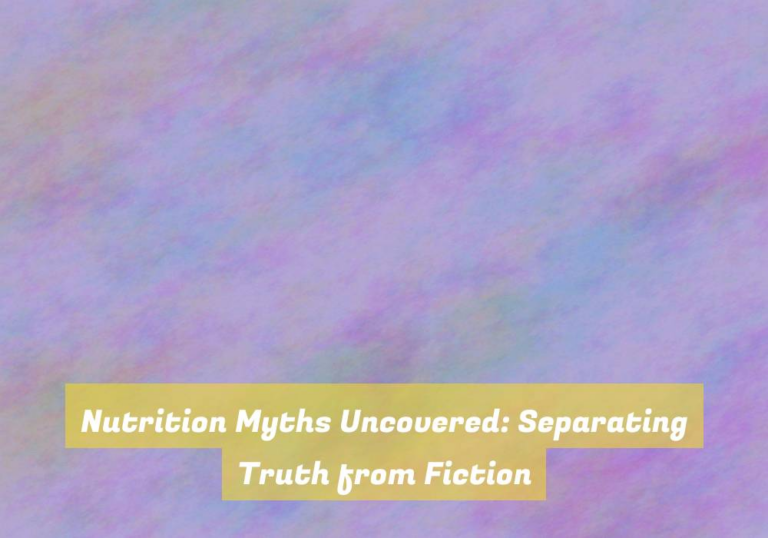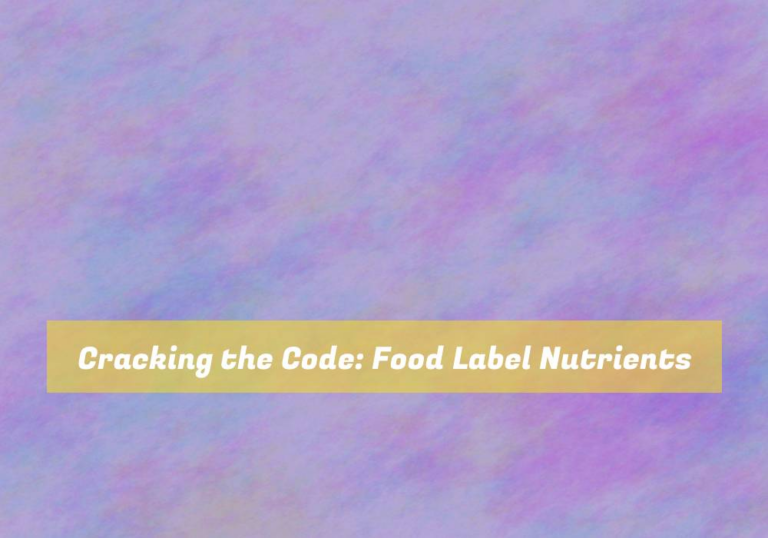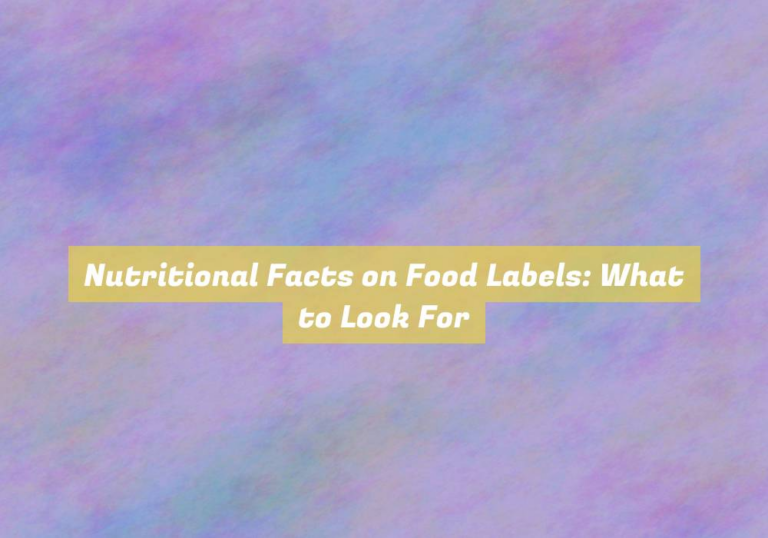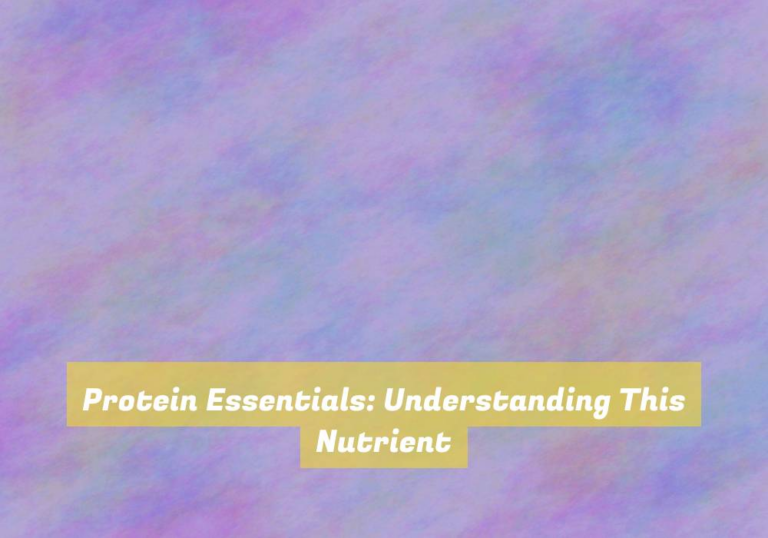Health and Nutrition Myths: Debunking Common Beliefs
You may think you have a good handle on whatG??s healthy and whatG??s not, but some common beliefs about health and nutrition might surprise you.
For example, have you ever questioned whether all carbs are truly bad for you? Or wondered if detox diets actually do what they claim to do?
These are just a couple of the myths weG??ll be exploring in this discussion. By the end, youG??ll have a clearer understanding of whatG??s true and whatG??s just a common misconception when it comes to health and nutrition.
Carbs Are Always Bad
YouG??ve probably heard that carbs are always bad for you, but the truth is, not all carbs are created equal. Carbohydrates are a vital source of energy for your body, and they come in two main forms: simple and complex.
Simple carbs, like those found in sugary snacks and white bread, are quickly digested, causing rapid spikes in blood sugar levels. On the other hand, complex carbs, such as those in whole grains, fruits, and vegetables, are rich in fiber and take longer to digest, providing a more sustained release of energy.
ItG??s important to understand that demonizing all carbs can lead to missing out on essential nutrients. Instead of completely cutting out carbs, focus on choosing the right kinds. Opt for whole, unprocessed sources of carbohydrates to fuel your body and support overall health.
Incorporating a variety of complex carbs into your diet can help regulate blood sugar levels, aid in digestion, and provide essential vitamins and minerals. By making informed choices about the types of carbs you consume, you can enjoy the benefits of this important macronutrient without compromising your health.
Detox Diets Cleanse Toxins
Not all carbs are as harmful as theyG??re often portrayed, and similarly, the effectiveness of detox diets in cleansing toxins is a topic of debate in the health and nutrition community. Many detox diets claim to rid the body of harmful toxins and promote weight loss, but thereG??s little scientific evidence to support these claims.
The body has its own natural detoxification system, primarily carried out by the liver, kidneys, and gastrointestinal tract. These organs work together to filter and eliminate toxins from the body. While some detox diets may encourage the consumption of healthy, whole foods and an increase in water intake, they often severely restrict calorie intake and eliminate important food groups, leading to potential nutrient deficiencies.
Moreover, some detox diets involve the use of laxatives, enemas, or supplements, which can have harmful side effects. ItG??s important to approach detox diets with caution and skepticism, and to focus on maintaining a balanced, nutritious diet to support the bodyG??s natural detoxification processes.
Eating Fat Makes You Fat
Frequently, people believe that eating fat makes you fat, but this isnG??t entirely accurate. The truth is that consuming excess calories from any source, whether itG??s fat, carbs, or protein, can lead to weight gain.
Fat is an essential nutrient that plays a crucial role in your body. It helps in the absorption of fat-soluble vitamins, provides energy, and supports cell growth. However, not all fats are created equal. While some fats, such as trans fats, should be limited in your diet due to their negative impact on health, others like monounsaturated and polyunsaturated fats can actually be beneficial.
These healthy fats can help improve cholesterol levels, reduce the risk of heart disease, and support overall well-being. ItG??s also important to remember that fat is more calorie-dense than carbs or protein, so portion control is key. By choosing healthy fats in moderation and balancing your overall calorie intake, you can maintain a healthy weight without fearing that eating fat will make you fat.
All Calories Are Equal
When it comes to the belief that eating fat makes you fat, itG??s important to understand that not all calories are equal. While itG??s true that all calories provide energy, their sources and the way our bodies process them play a significant role in our overall health.
For instance, 100 calories of broccoli will affect your body differently than 100 calories of soda. The former provides essential nutrients, fiber, and a feeling of fullness, while the latter offers little to no nutritional value and can lead to a spike in blood sugar levels.
Moreover, the types of calories consumed impact metabolism and hormone regulation. Calories from protein, fat, and carbohydrates are utilized differently by the body. Protein, for example, requires more energy to metabolize and can promote a feeling of fullness, whereas excessive refined carbohydrates can lead to insulin resistance and fat storage.
Understanding that not all calories are equal allows you to make more informed choices about the foods you consume. Instead of fixating solely on calorie counts, consider the quality of the calories and their impact on your overall well-being.
Conclusion
So, now that you know the truth about these common health and nutrition myths, you can make more informed choices about your diet and lifestyle.
Remember, carbs arenG??t always bad, detox diets donG??t actually cleanse toxins, eating fat doesnG??t necessarily make you fat, and not all calories are equal.
By understanding the facts, you can better take care of your body and make healthier choices for your overall well-being.

